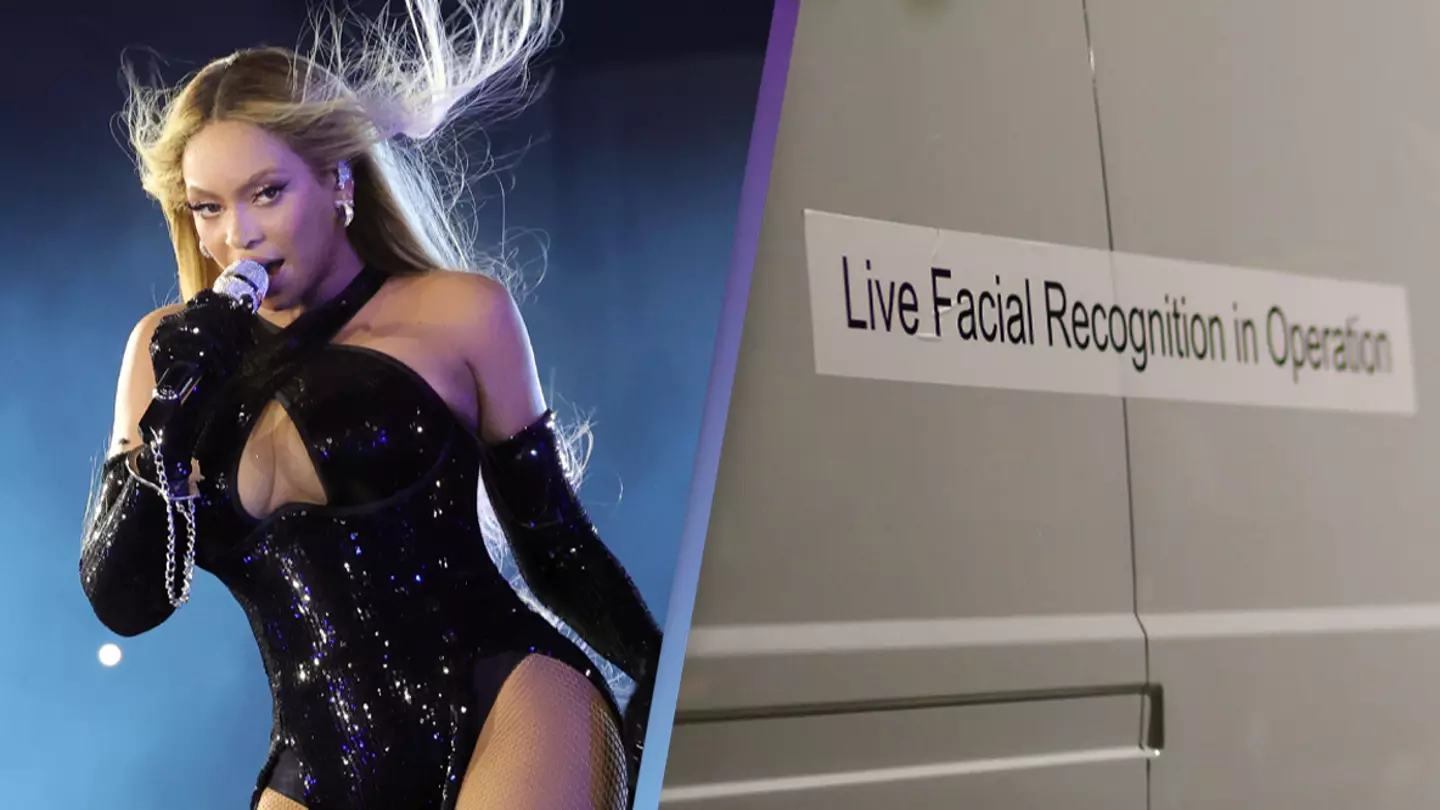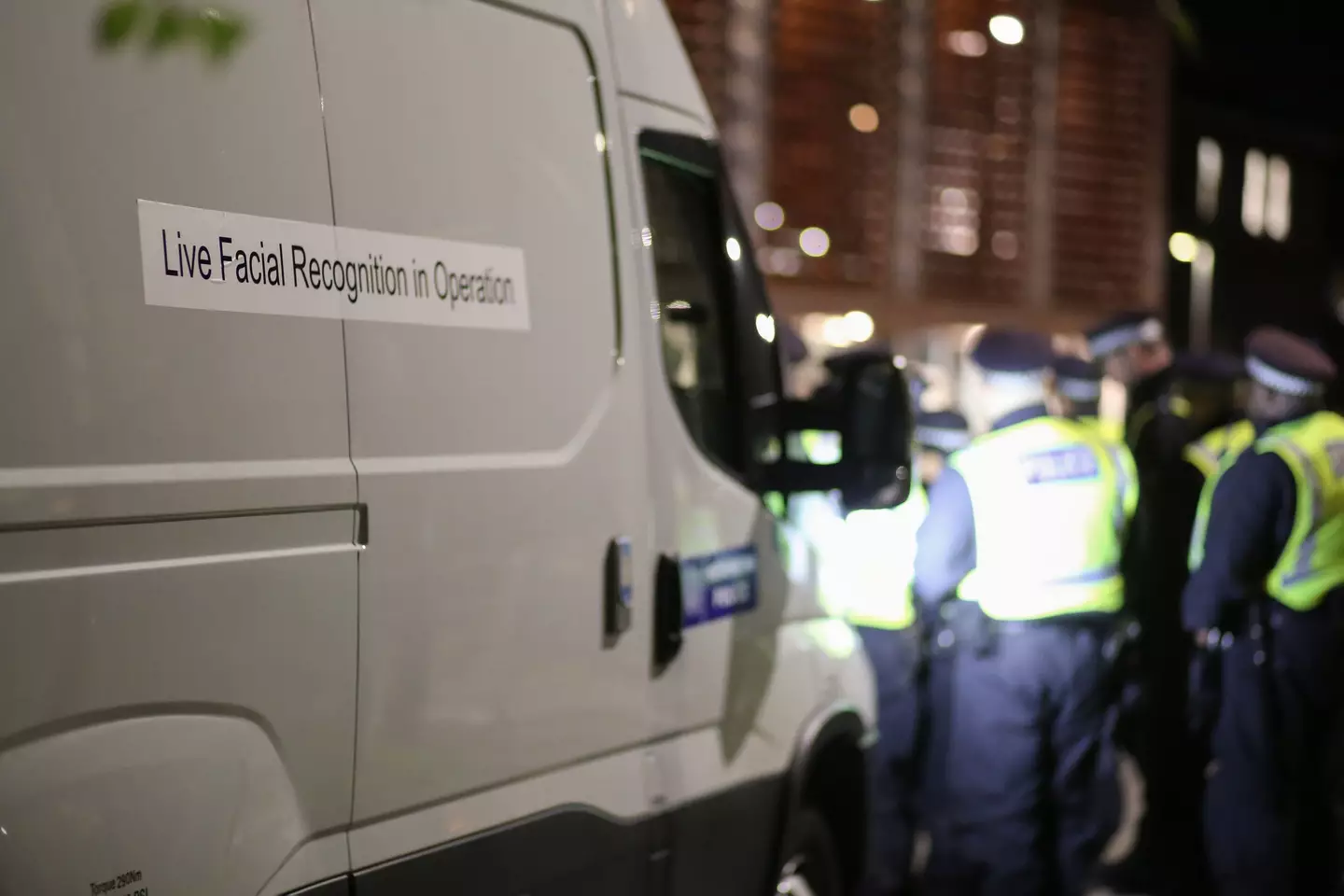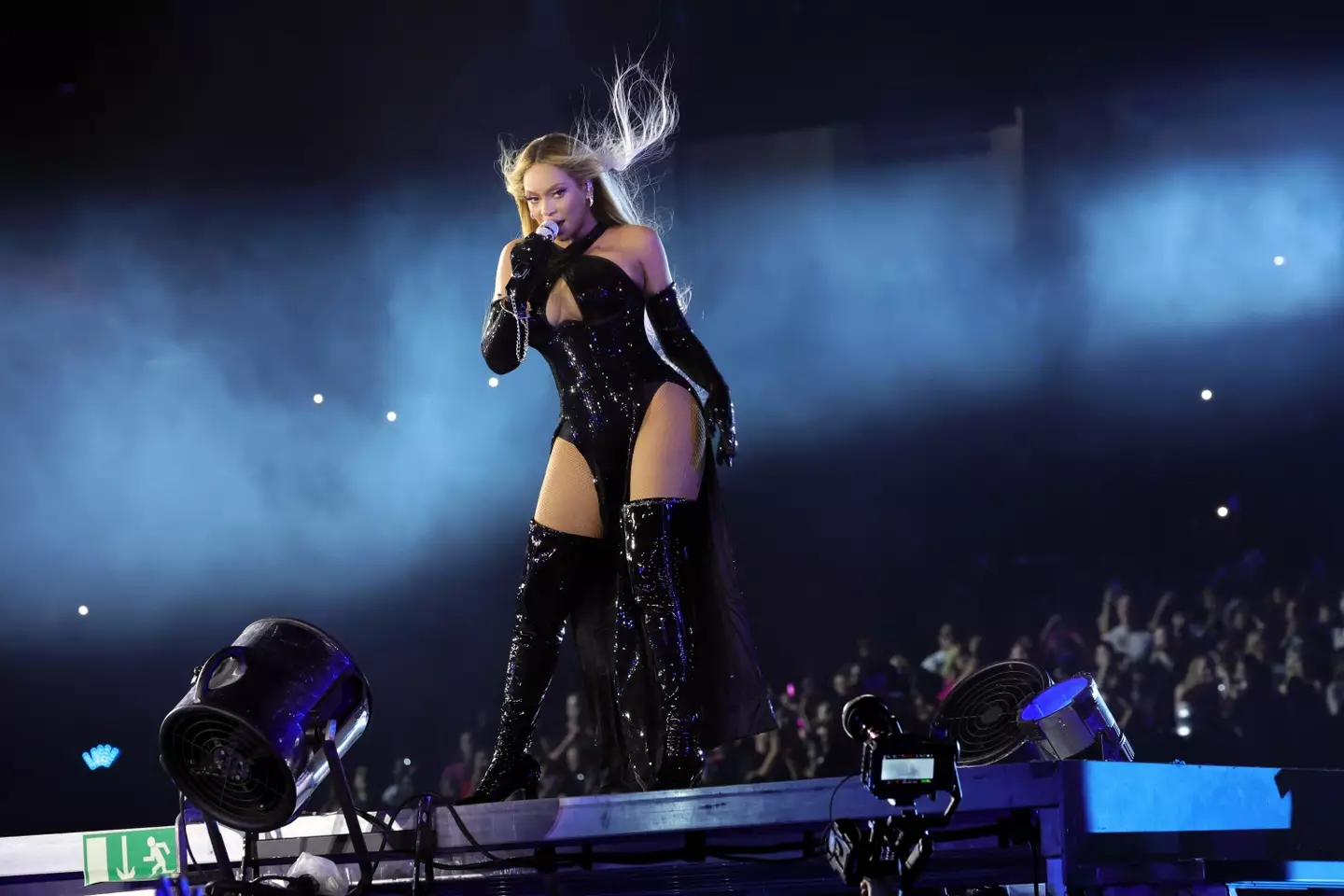
A crowd at Beyoncé concert were scanned for potential paedophiles and terrorists earlier this year - thanks to a handy piece of facial recognition technology.
According to the BBC, South Wales Police and Crime Commissioner Alun Michael said the scanning of crowds in the UK has become the norm since a terrorist attack at a 2017 Ariana Grande concert in Manchester left 22 people dead.
And one such event where the technology was used was for a Beyoncé concert in the Welsh capital Cardiff on 17 May this year.
Advert
That concert was given as an example by Michael as he appeared before MPs on the Welsh Affairs Committee in Westminster recently.
He was providing evidence to the government committee as part of an inquiry into how police forces are fighting crime.
The police commissioner said that using cameras to scan the faces in the crowd was 'entirely sensible', especially for the Cardiff gig, as 'there would be very large numbers of young girls attending that concert'.
But how exactly does the technology catch out paedophiles and terrorists?
Advert
Well, a live recognition camera compares faces with a watch list that has been generated by the police.

The CCTV footage is subsequently recorded and kept up for 31 days - with the hope it will be able to pick out potential threats.
Not everyone is on board with the tech however, as Katy Watts, a lawyer for the human rights group Liberty, had previously said that the technology 'violates our rights and threatens our liberties'.
Advert
"There's been a lot of misunderstanding thinking that images are captured and kept - they're not," Michael said.
"The only image that is retained is of an individual who's identified as being one of the people you're looking for.

"When there is a live facial recognition deployment I am informed in advance and told what the watchlist is.
Advert
"It's an operational decision which I am, in live time, able to review and check."
And if you don't come up on the watchlist, police say your biometric data will be deleted.
Speaking of how the scanning worked back in May, Michael added: "The view beforehand was that a watchlist should consist of two sets of individuals.
"People known to be involved in extremism and terrorism in the light of the Manchester arena bombing - and secondly of paedophiles, because there would be very large numbers of young girls attending that concert.
Advert
"That was announced in advance and reported to me, it wasn't secretive. It seemed to me entirely sensible."